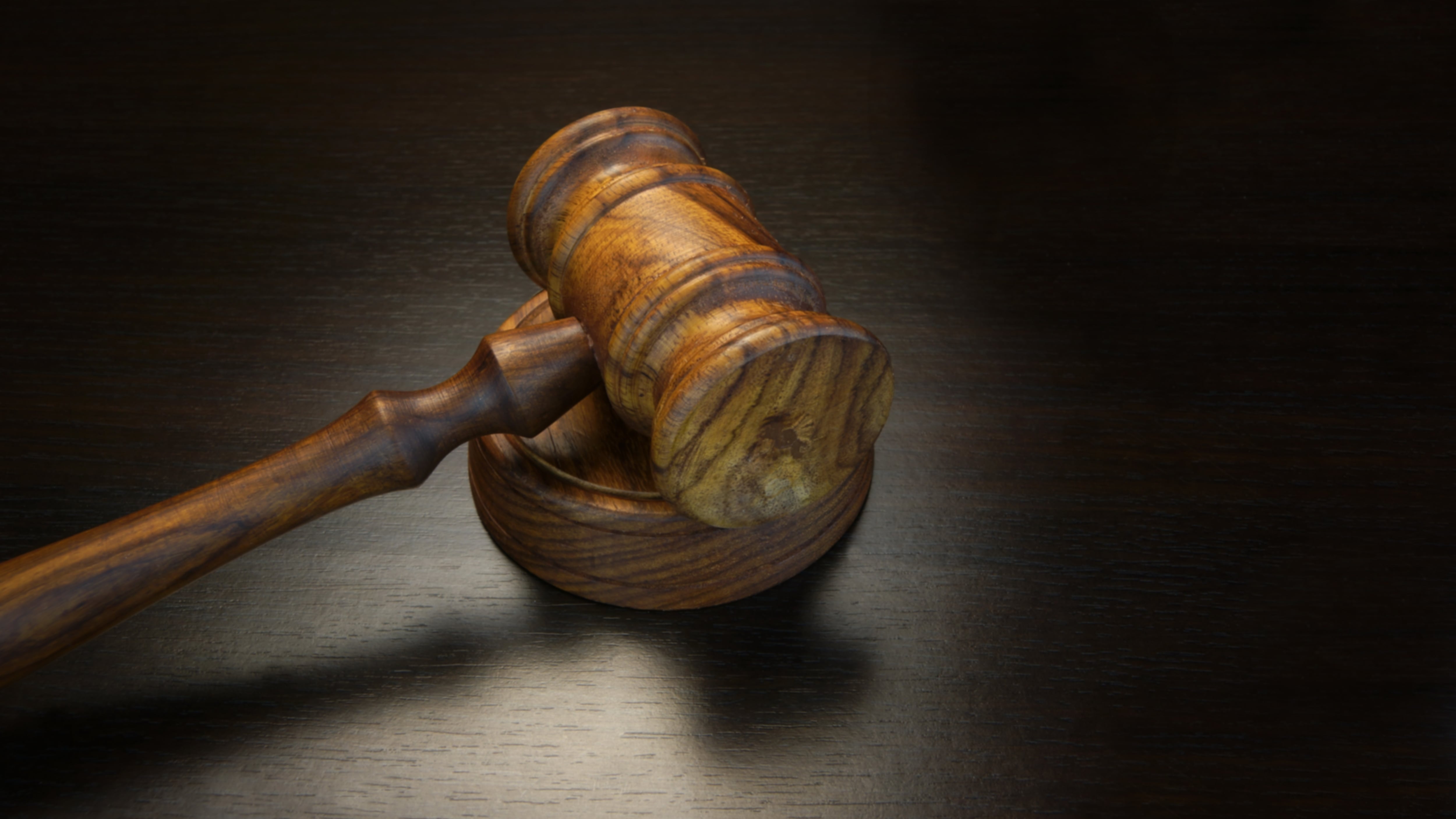Veterans Affairs officials are warning about an uptick in scam attempts targeting veterans’ pensions that could result in serious financial problems for elderly or infirm individuals.
“Fraudsters are getting smarter, more deliberate and more engaged. They’re getting better,” said Charles Tapp II, chief financial officer for the Veterans Benefits Administration.
“We are seeing a lot more instances where veterans — particularly seniors — are getting fraudulent calls … So we certainly are making our senior veterans more aware about pension poaching.”
Earlier this year, the Federal Trade Commission reported that about 2.8 million Americans filed fraud complaints in 2021, the most on record. The agency estimated that consumers lost more than $5.8 billion to scams last year.
RELATED

VA officials said older veterans with military pensions or other regular department payouts can be attractive targets for would-be-thieves.
Pension theft can occur when an outside party — a stranger or someone known to a veteran, such as a caregiver — convinces veterans to shift their payouts to a new bank account or a separate financial product (annuities or trusts, for example), preventing them from accessing the money.
Tapp said when veterans’ bank accounts are changed without explanation, it triggers an internal check within VA to ensure that fraud is not occurring. But other theft schemes are more difficult to detect, and may only be corrected after months of malfeasance have already occurred.
In a series of recent outreach efforts, department officials are reminding veterans that VA does not charge to process applications for benefits and services, and it is against the law for an outside group or attorney to charge claimants for preparing benefits applications.
“No one can guarantee that the VA will award you a benefit or service, not even someone who is VA accredited,” a department fact sheet on pension poaching states. “Only the VA can determine eligibility and award benefits and services.”
RELATED

Tapp said if individuals are confused about available services or benefits, they can contact VA’s National Call Center at 1-800-827-1000. If someone calls about veterans benefits and asks for personal information, the interaction is likely a scam.
“If you are unsure [about an unsolicited call], please hang up and call that number back,” he said. “We record and log every call … so [staff] should be able to confirm that they just called and provide any information veterans need.
“We want to make sure that veterans know that they are in control of their information, particularly when they’re engaging with us.”
More information on potential scams is available at the Veterans Benefits Administration web site.
Leo covers Congress, Veterans Affairs and the White House for Military Times. He has covered Washington, D.C. since 2004, focusing on military personnel and veterans policies. His work has earned numerous honors, including a 2009 Polk award, a 2010 National Headliner Award, the IAVA Leadership in Journalism award and the VFW News Media award.




